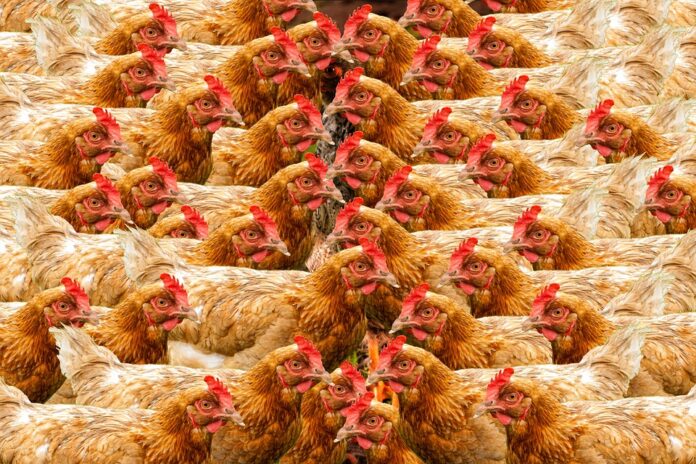The Rise of Automation in Poultry Processing Facilities
Automation in poultry processing facilities has become increasingly prevalent in recent years due to the need for increased efficiency, improved food safety, and labor cost savings. This report will discuss the top 10 automation trends in poultry processing facilities, highlighting the key technologies and processes shaping the industry.
1. Robotic Cutting and Deboning
One of the most significant trends in poultry processing automation is the use of robotic cutting and deboning systems. These systems can accurately and efficiently separate meat from bones, reducing the need for manual labor and improving overall throughput. Companies like Marel and Stork have developed advanced robotic systems that can handle a wide range of poultry products with precision.
2. Automated Slaughtering and Evisceration
Automation in the slaughtering and evisceration process has also seen significant advancements. Automated systems can now perform tasks such as stunning, bleeding, and evisceration with minimal human intervention, leading to improved product consistency and reduced contamination risks. Companies like Key Technology and Meyn have developed innovative solutions for automating these critical processes.
3. Vision Systems for Quality Control
Vision systems are increasingly being used in poultry processing facilities for quality control purposes. These systems can inspect poultry products for defects, contaminants, and proper sizing, ensuring that only high-quality products reach the market. Companies like Cognex and Omron have developed sophisticated vision systems that can detect even the smallest imperfections in poultry products.
4. Automated Packaging and Labeling
Automated packaging and labeling systems have become essential in modern poultry processing facilities. These systems can package products quickly and accurately, reducing the risk of contamination and ensuring compliance with labeling requirements. Companies like Ishida and Multivac offer a variety of automated packaging solutions tailored to the specific needs of poultry processors.
5. Data Analytics for Process Optimization
Data analytics play a crucial role in optimizing the efficiency and performance of poultry processing facilities. By analyzing data from various sensors and systems, processors can identify opportunities for improvement, reduce waste, and enhance overall productivity. Companies like Siemens and Schneider Electric offer advanced data analytics solutions that can help poultry processors make informed decisions.
6. Automated Cleaning and Sanitation
Automation in cleaning and sanitation processes is essential for maintaining high levels of food safety in poultry processing facilities. Automated cleaning systems can quickly and thoroughly clean processing equipment, reducing the risk of cross-contamination and ensuring compliance with hygiene standards. Companies like Krones and Ecolab provide innovative cleaning and sanitation solutions for poultry processors.
7. Remote Monitoring and Control
Remote monitoring and control systems enable poultry processors to oversee operations from anywhere in the world. These systems provide real-time data on equipment performance, product quality, and process efficiency, allowing processors to make immediate adjustments as needed. Companies like Rockwell Automation and ABB offer advanced remote monitoring and control solutions for poultry processing facilities.
8. Automated Temperature and Humidity Control
Maintaining the proper temperature and humidity levels is critical in poultry processing to ensure product safety and quality. Automated systems can monitor and control these environmental conditions in real-time, reducing the risk of spoilage and contamination. Companies like Johnson Controls and Danfoss provide advanced temperature and humidity control solutions tailored to the needs of poultry processors.
9. Robotics for Material Handling
Robotics are increasingly being used for material handling tasks in poultry processing facilities. Automated guided vehicles (AGVs) and robotic arms can transport products throughout the facility, reducing the need for manual labor and improving overall efficiency. Companies like ABB and KUKA offer a range of robotics solutions for material handling in poultry processing.
10. Integration of Artificial Intelligence
The integration of artificial intelligence (AI) is a growing trend in poultry processing automation. AI algorithms can analyze vast amounts of data, optimize processes, and predict equipment failures before they occur. Companies like IBM and Google are developing AI-powered solutions that can revolutionize the way poultry processing facilities operate, improving efficiency and reducing costs.
Overall, automation trends in poultry processing facilities are rapidly evolving, driven by the need for increased efficiency, improved food safety, and cost savings. By embracing these technologies and processes, poultry processors can stay competitive in a rapidly changing industry landscape.
[Read More: Global Poultry Industry Report 2025: Trends, Challenges, and Future Outlook Across the Value Chain]




